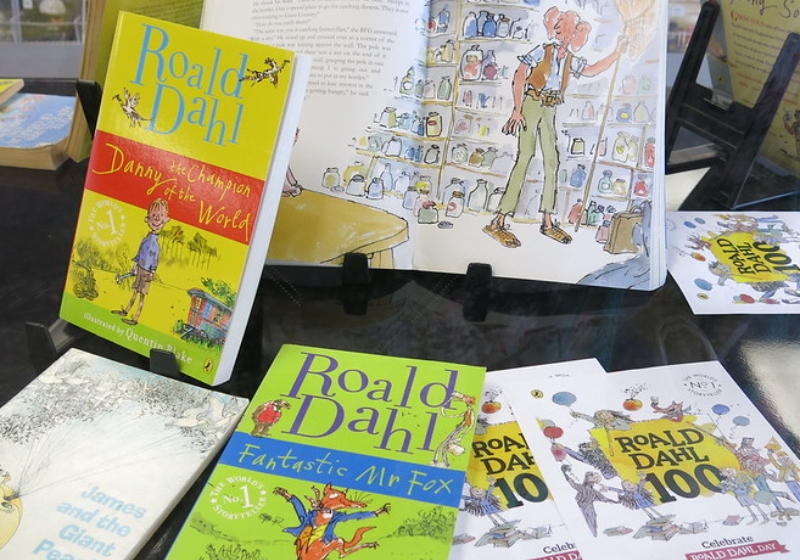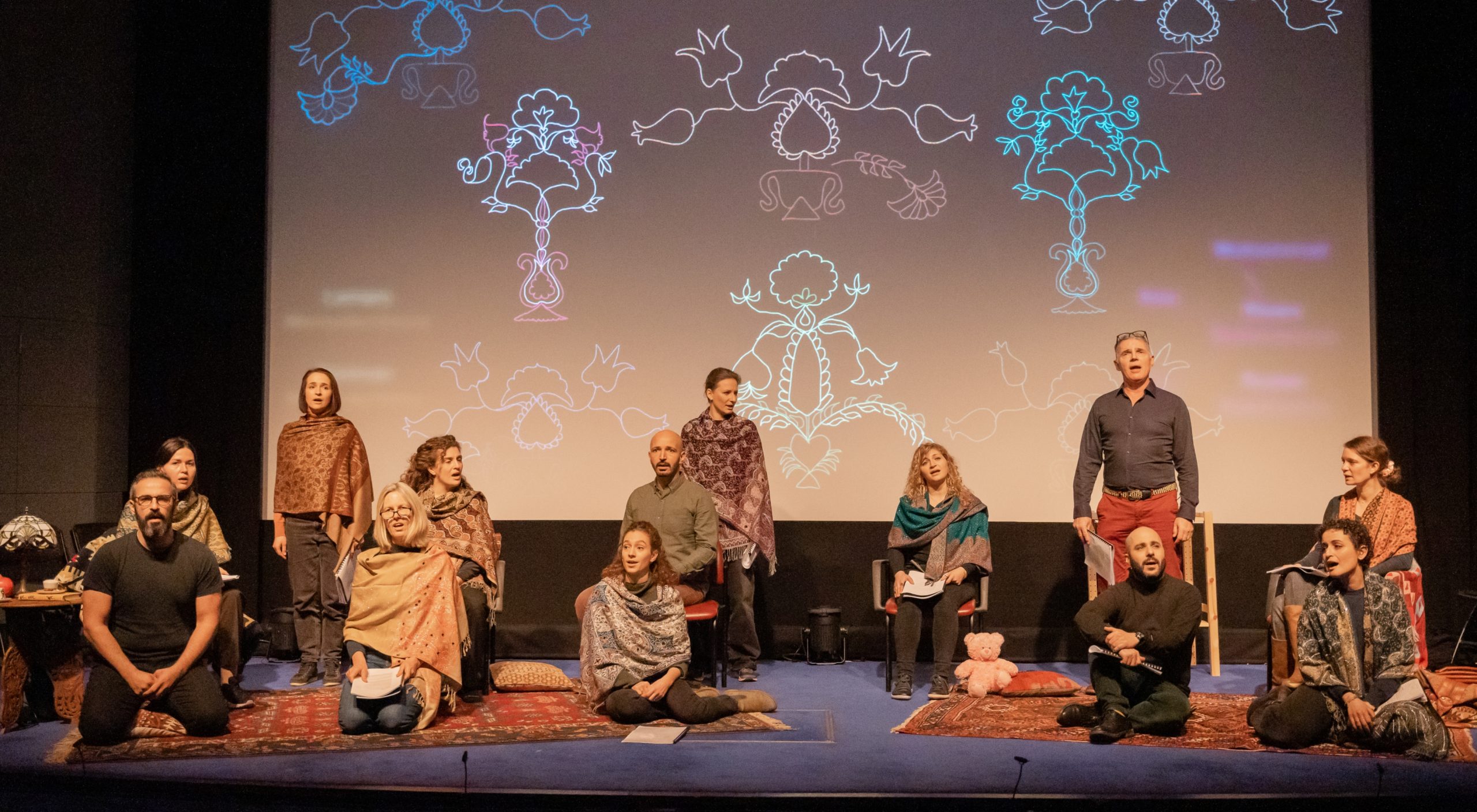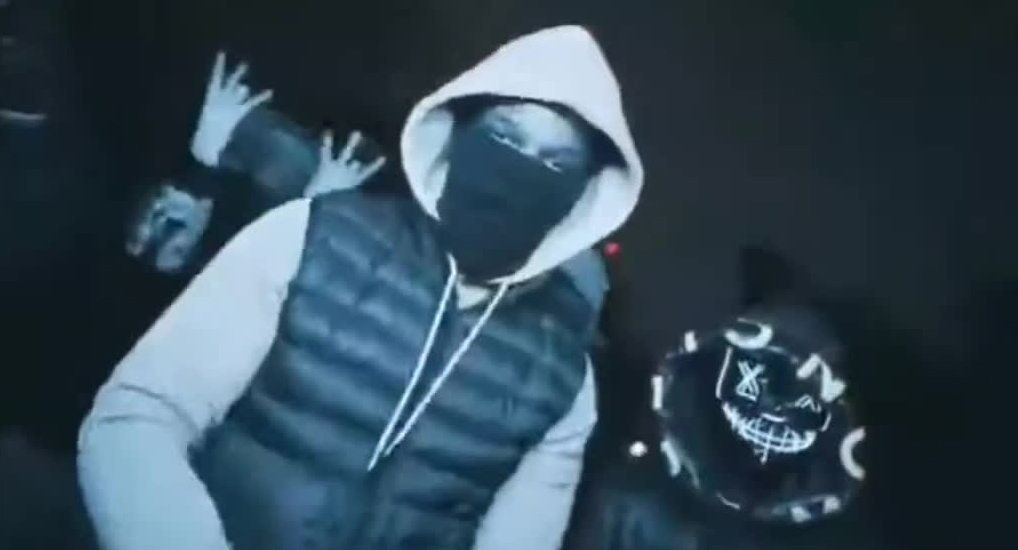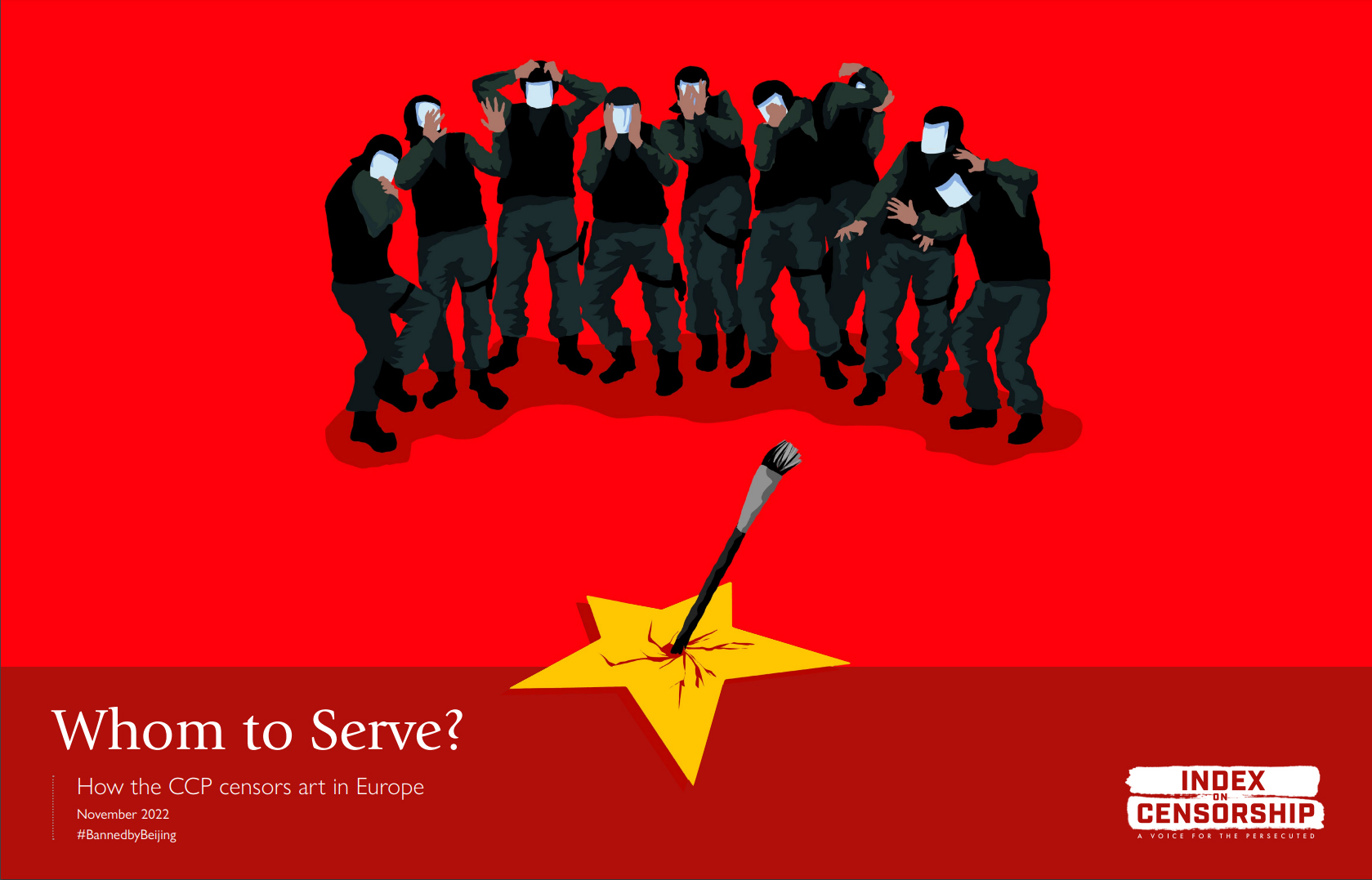On Sunday I was invited to the London Regional Meeting of UK Youth Parliament at Tower Hamlets Town Hall to give a brief presentation about freedom of expression. This was triggered by an article in Debatable UKYP’s magazine stating that 90 per cent of young people surveyed say there are no safe places to discuss issues around terrorism and violent extremism. These concerns fall well within the remit of the youth programme we are developing at Index on Censorship, and I set up yesterday’s meeting as a way to introduce Index’s work. I presented a series of 10 statements relating to freedom of expression to around 40 Young Members of Parliament (YMP) and some youth workers and asked everyone to record whether they agreed, disagreed or were not sure about each statement. This survey was followed by some discussion and interestingly within the group of people average age 15-and-a-half, pretty much every shade of opinion towards freedom of expression was represented. Here are some of the outcomes of the survey:
‘I stand for freedom of expression, doing what you believe in and going after your dreams.’ (Madonna) Agree 90 per cent Not sure 2 per cent Disagree 7 per cent
‘I may not agree with what you have to say, but I’ll defend to the death your right to say it.'(attributed to Voltaire 1694-1778) Agree: 68 per cent Not sure: 15 per cemt Disagree: 17 per cent
‘Sticks’n’stones may break my bones but words can never hurt me.’
(Children’s playground rhyme) Agree: 31 per cent Not sure: 19 per cent Disagree: 48 per cent
‘Self-censorship is a reasonable demand in a world of varied and passionately held convictions.’ Shabbir Akhtar Agree: 43 per cent Not sure: 43 per cent Disagree: 7 per cent Abstention: 4 per cent
‘If liberty means anything at all, it means the right to tell people what they do not want to hear.’ (George Orwell 1903 – 1950) Agree: 63 per cent Not sure: 21 per cent Disagree: 7 per cent
‘In a plural society, it is both inevitable and important that people offend others.# (Kenan Malik) Agree: 32 per cent Not sure: 41 per cent Disagree: 24 per cent Abstention: 4 per ceny
On the Internet: ‘It is our duty to create a free uncensored environment for the public’s unhindered expression of its opinions and thoughts.’ (Iran Proxy –– anti Internet censorship group Iran) Agree:41 per cent Not sure: 41 per cent Disagree: 7 per cent Abstention: 9 per cent
‘A free society …must not concern itself with the state of its citizens’ sensibilities.’ (Oliver Kamm) Agree: 9 per cent Not sure: 41 per cent Disagree: 41 per cent Abstention: 9 per cent
‘I’m free!!’ (Rolling Stones) Agree: 34 per cent Not sure: 39 per cent Disagree: 31 per cent Abstention: 5 per cent
Asked if they thought that everyone in UK enjoyed the right to freedom of expression 73 per cent said no. Finally 78 per cent welcomed more discussion and debate about freedom of expression.
Last night I went to Theatre Royal Stratford East to see a piece of work in progress by State of the Nation a youth drama group led by Carolos and Tunde (both were absent with fever/colds) who had worked with Afro Reggae in the favelas of Rio. The work was about postcode wars and used the increasingly popular devices of verbatim theatre. The young people were exceptional, open, confident, talented and commited to the ethos that the arts can transform society which motivates Afro Reggae’s work. This ethos drives a massive movement of youth arts that takes on the most demanding and complex issues in Brazil and UK, espeically where violence, poverty and drugs intersect.




